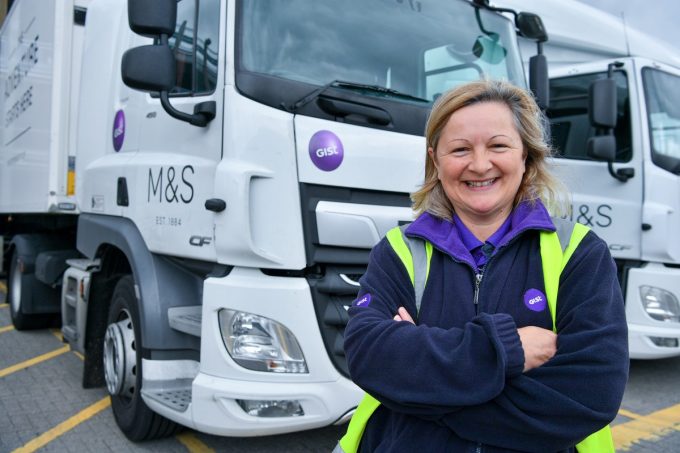Gloomy picture for US trucking as driver shortage and other hurdles increase
Thanks to higher rates, US trucking firms have posted revenue gains – but the going ...

Food logistics company Gist has started to train its own HGV drivers in the UK, launching an accredited training and testing centre in Spalding, Lincolnshire.
Shortages of HGV drivers have been seen the world over, adding to the supply chain congestion and delays, and nowhere has ...

Comment on this article